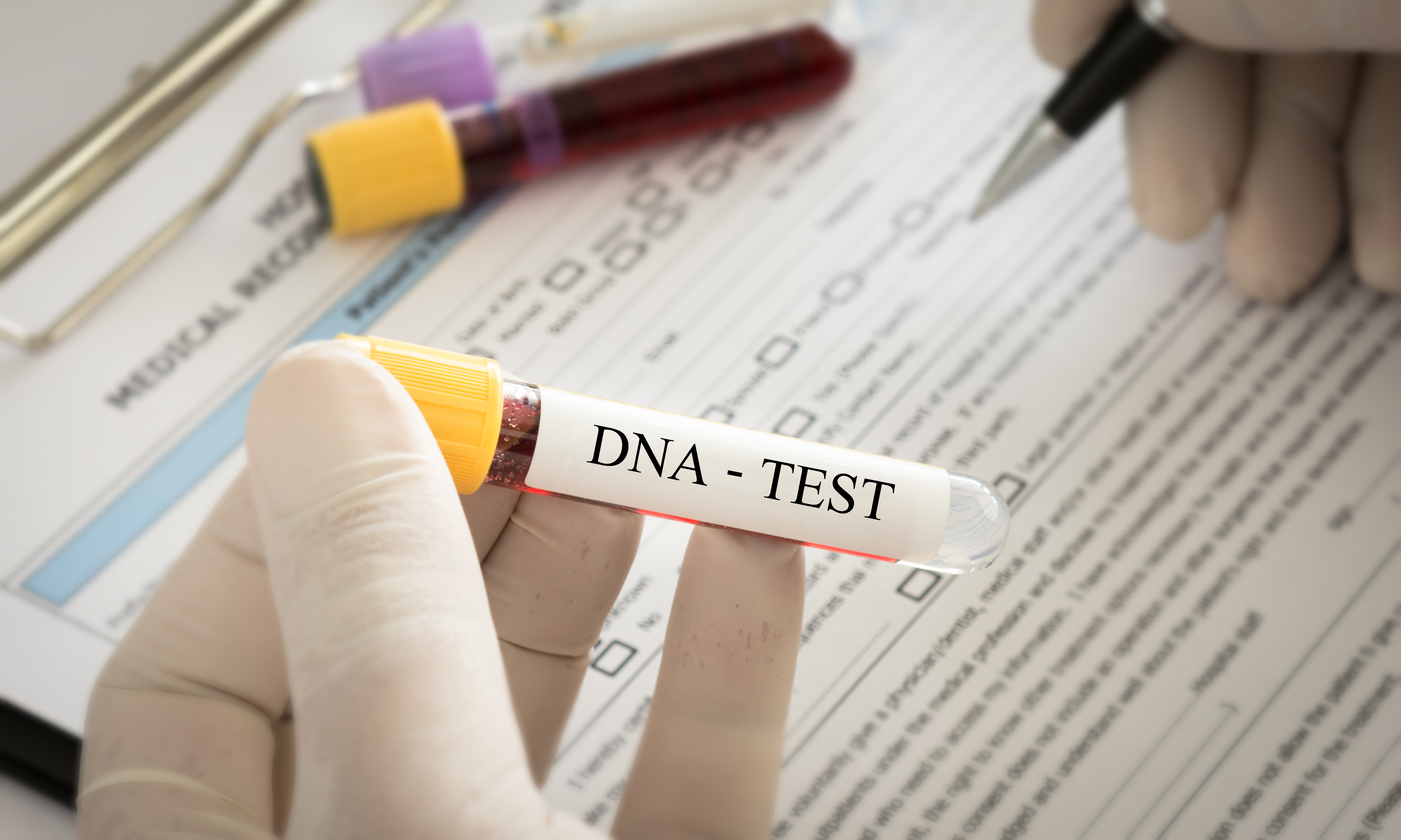What does the Chinese military want with your unborn baby’s genetic data?
By Arwa Mahdawi,
The Guardian
| 07. 10. 2021
The BGI group has used data from its popular prenatal test to help the People’s Liberation Army improve ‘population quality’ but they are far from the only ones normalizing eugenics
Your unborn baby is already being monetized
Could data harvested from millions of pregnant women pave the way for genetically enhanced super-soldiers? According to a recent Reuters investigation, BGI Group, the manufacturers of a popular prenatal test, is working with the Chinese military towards that very goal.
BGI group offers a test called Nifty (“Non-Invasive Fetal TrisomY”), which is offered in more than 50 countries and is used to look for genetic abnormalities such as Down’s syndrome early on in a pregnancy. According to Reuters, more than 8 million women have taken these tests, and BGI has used the genetic data it has collected to help the Chinese military improve “population quality”. Reuters reports that US government advisers have warned that access to this massive databank could “propel China to dominate global pharmaceuticals, and also potentially lead to genetically enhanced soldiers, or engineered pathogens to target the US population or food supply”. BGI has issued a statement rejecting these claims.
“China is stealing your intimate data for evil purposes” is a popular genre in western journalism – see, for...
Related Articles
By David Jensen, California Stem Cell Report | 02.10.2026
Touchy issues involving accusations that California’s $12 billion gene and stem cell research agency is pushing aside “good science” in favor of new priorities and preferences will be aired again in late March at a public meeting in Sacramento.
The...
By Lauren Hammer Breslow and Vanessa Smith, Bill of Health | 01.28.2026
On Jan. 24, 2026, the New York Times reported that DNA sequences contributed by children and families to support a federal effort to understand adolescent brain development were later co-opted by other researchers and used to publish “race science”...
By Arthur Lazarus, MedPage Today | 01.23.2026
A growing body of contemporary research and reporting exposes how old ideas can find new life when repurposed within modern systems of medicine, technology, and public policy. Over the last decade, several trends have converged:
- The rise of polygenic scoring...
By Stephanie Pappas, LiveScience | 01.15.2026
Genetic variants believed to cause blindness in nearly everyone who carries them actually lead to vision loss less than 30% of the time, new research finds.
The study challenges the concept of Mendelian diseases, or diseases and disorders attributed to...




